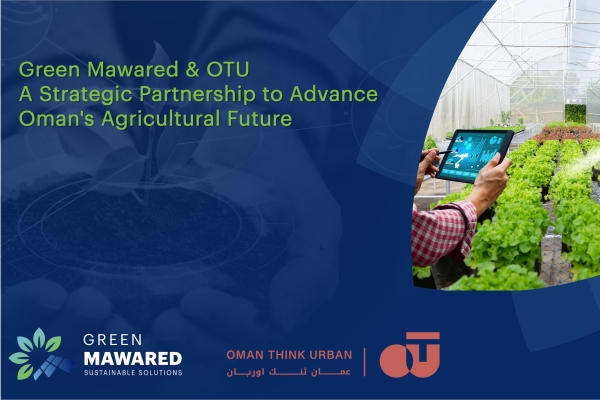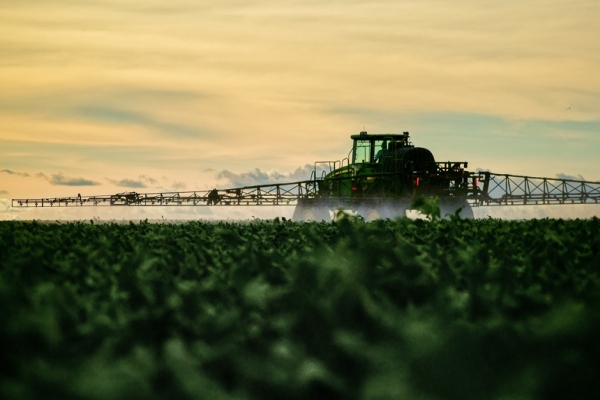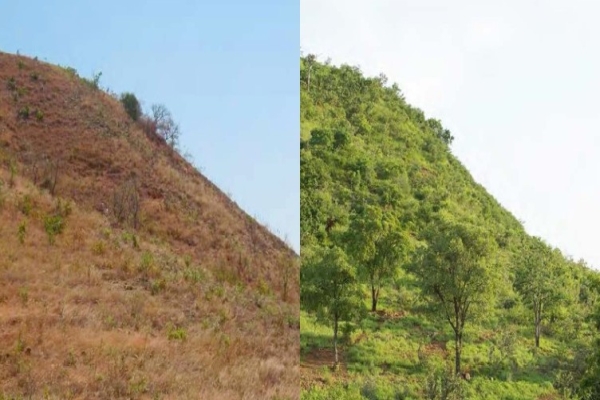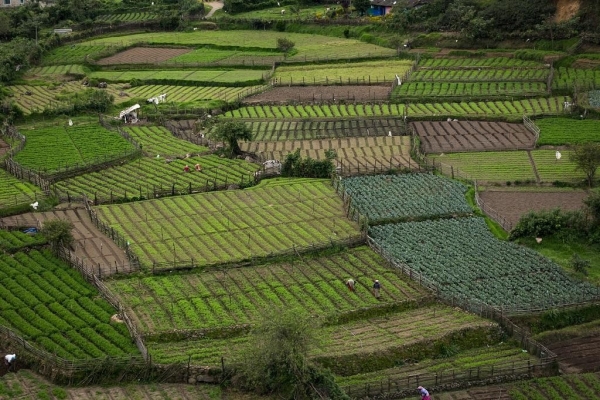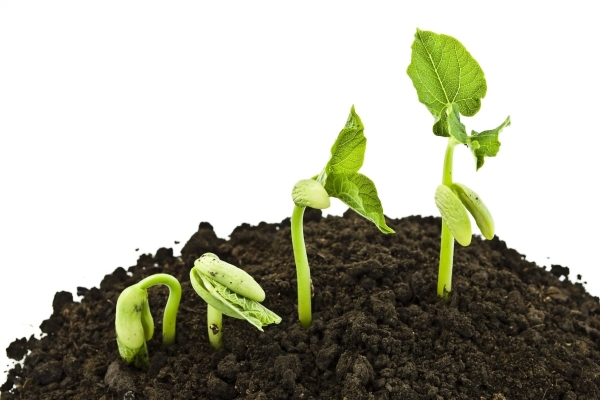How Agro-Industry Integration is Growing Agripreneurship
- May 17, 2025
- 3 minutes
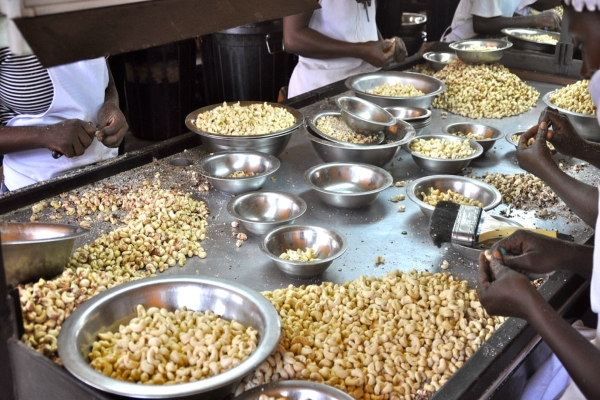
Many countries, including South Africa, face tough challenges like high unemployment, poverty, and a wide gap between rich and poor. We’ve always known farming has a part to play in tackling these issues. But what if farming could do more? What if small-scale farmers weren’t just growing crops, but also building businesses around them? This is the idea behind “agripreneurship” – integrating farming with local agro-industries. It’s a game-changer, helping farmers earn more and uplifting entire communities, moving them from just getting by to genuinely thriving.
A recent project in South Africa’s Limpopo and Western Cape provinces really brings this to life. Imagine 1,050 small farming businesses doubling their sales. That’s exactly what happened when they started processing their own crops instead of just selling them raw. By taking this extra step, these new “agripreneurs” opened up a world of new income and market opportunities that simply weren’t there before. They weren’t just farmers anymore; they were becoming key players in the food value chain.
Adding Value, Opening Doors: The Cashew Story
Let’s look at a cashew nut cooperative from the project to see how this works. Initially, these farmers sold their raw cashew nuts for about $0.80 per kilogram. But then, they set up their own local shelling units. Suddenly, by selling shelled cashews, the value jumped to $4.20 per kilogram – that’s more than five times the original price! This wasn’t just a small bump; it was a massive boost to their income from the same harvest.
But the smart thinking didn’t stop there. They also invested in cold storage hubs. Before this, their processed cashews would only last about 14 days, meaning they had to sell quickly, often when prices weren’t great, and sometimes lost produce to spoilage. With cold storage, the shelf life shot up to 90 days. This gave them breathing room – they could store their goods, wait for better market prices, and drastically cut down on waste. On top of that, they started using blockchain technology to trace their cashews. This proved their products were ethically sourced, which caught the eye of buyers in the European Union who were willing to pay a 22% premium. It shows how even small-scale farmers, by becoming agripreneurs, can tap into profitable global markets that value quality and ethics.
More Than Just Farming: Building Thriving Communities
The real magic of this approach is how the benefits spread throughout the community. The South African project found something incredible: for every $1 invested in this kind of processing infrastructure, the local community saw $5.70 in extra income. Think about that – it’s a nearly six-fold return rippling outwards.
This extra money didn’t just come from selling cashews at a higher price. New local businesses popped up to support the booming cashew operations. People started packaging companies to get the cashews ready for sale. Others launched transport services to move raw nuts to the shelling units and then the finished products to buyers. These weren’t just jobs; they were new enterprises, creating a vibrant local economy. This is what true agripreneurship looks like: it’s not just about improving farming, it’s about sparking a whole ecosystem of businesses that helps everyone in the community prosper.
What this South African story shows us is that connecting agro-industries with smallholder farming isn’t just a nice idea; it’s a powerful way to drive real change. When farmers become agripreneurs, processing their own crops and connecting directly with better markets, they don’t just improve their own lives. They become engines for economic growth, creating jobs, boosting local incomes, and offering a concrete way to tackle some of the biggest challenges their country faces. It’s a recipe for turning agricultural potential into widespread prosperity.
#Agripreneurship #SustainableDevelopment #SmallholderFarming #SouthAfrica #AgroIndustry #EconomicGrowth #FoodSecurity

